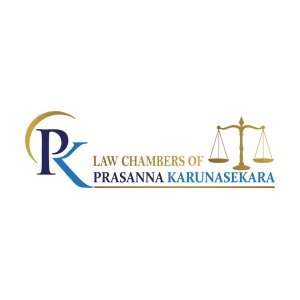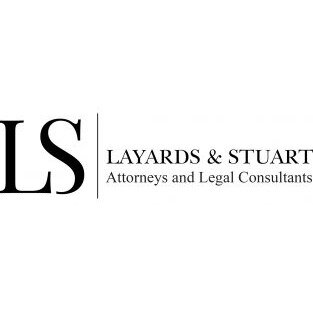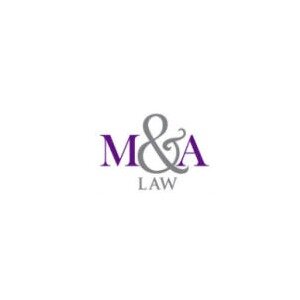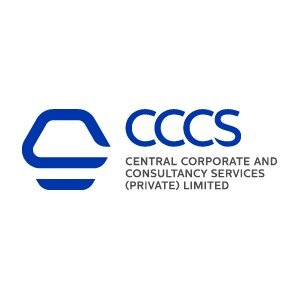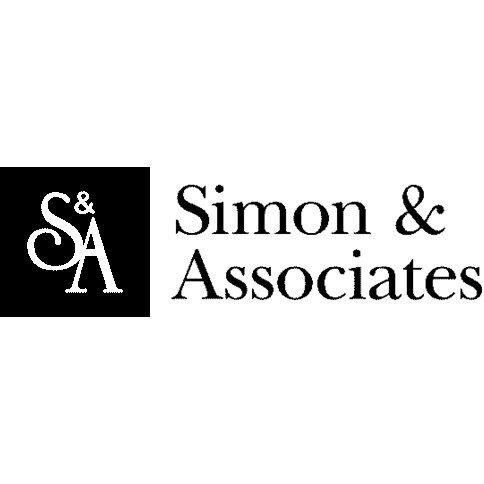Best Franchising Lawyers in Sri Lanka
Share your needs with us, get contacted by law firms.
Free. Takes 2 min.
Or refine your search by selecting a city:
List of the best lawyers in Sri Lanka
About Franchising Law in Sri Lanka
Franchising is an increasingly popular business model in Sri Lanka, offering opportunities for both local and international brands to expand their presence. It involves a franchisor granting a license to a franchisee to operate a business using the franchisor's brand name, business model, and support systems. The franchising landscape in Sri Lanka is influenced by business regulations that focus on contract law, intellectual property rights, and competition law. As a prospective franchisee or franchisor, it's crucial to understand these frameworks to ensure compliance and successful business operations.
Why You May Need a Lawyer
There are several situations where seeking legal advice is crucial when dealing with franchises:
- Drafting and Reviewing Franchise Agreements: It's essential to have legal expertise when creating or reviewing franchise agreements to ensure terms are fair and beneficial.
- Understanding Legal Obligations: A lawyer can help clarify the legal responsibilities of both franchisors and franchisees, including compliance with local business laws.
- Resolving Disputes: An attorney is critical if disputes arise, offering negotiation skills and legal strategies for resolution.
- Protection of Intellectual Property: Legal advice is necessary to protect trademarks, trade secrets, and other intellectual property rights.
- Compliance with Regulatory Requirements: Navigating the regulatory environment in Sri Lanka requires legal knowledge to avoid penalties and ensure compliance.
Local Laws Overview
The franchise landscape in Sri Lanka is governed primarily by contract law, as there is no specific legislation covering franchises. Key legal aspects include:
- Contract Law: Franchise agreements are legally binding contracts and need to be precise and comprehensive.
- Intellectual Property Rights: Registering trademarks and other IP is crucial to a franchise's success and recognition.
- Consumer Protection: Laws exist to protect consumers, which indirectly affect how franchises operate and handle complaints.
- Competition Law: Prevents monopolistic practices and ensures fair competition in the marketplace.
- Taxation Requirements: Compliance with local tax laws, including VAT and corporate taxes, is essential.
Frequently Asked Questions
What is a franchise agreement?
A franchise agreement is a legal document that outlines the rights and responsibilities of the franchisor and franchisee. It typically covers the use of trademarks, operational guidelines, financial terms, and duration of the franchise.
Do I need to register my franchise in Sri Lanka?
While there's no specific franchise registration requirement, it's crucial to register trademarks and comply with local business registration laws.
Can a franchise agreement be terminated early?
Yes, but the conditions for early termination are typically detailed in the franchise agreement. Legal advice is recommended to understand your rights and obligations if early termination becomes necessary.
Is it mandatory to use a local lawyer for franchising in Sri Lanka?
While not mandatory, consulting a local lawyer is advisable to ensure compliance with local laws and to navigate the legal landscape effectively.
What are common fees I may incur as a franchisee?
These may include initial franchise fees, ongoing royalties, marketing fees, and various operational costs as specified by the franchisor.
How does intellectual property protection apply to franchising?
Franchising typically involves the use of trademarks, brand logos, and proprietary systems, which need protection under intellectual property laws to prevent unauthorized use.
Are franchisors in Sri Lanka required to provide any disclosures?
Unlike in some countries, there are no mandatory pre-sale disclosure requirements under Sri Lankan law, but international franchisors might voluntarily offer disclosures.
How can disputes in a franchise relationship be resolved?
Most franchise agreements will specify dispute resolution mechanisms, which might include arbitration or mediation. Consulting a lawyer will provide you with strategies specific to your case.
What protections do I have as a franchisee under Sri Lankan law?
Protections come from the franchise agreement terms, consumer protection laws, and the ability to enforce contractual rights through the legal system.
What due diligence should I do before entering a franchise agreement?
Investigate the franchisor's business, financial performance, and legal history. Reviewing the business model, market potential, and competitive landscape is equally important.
Additional Resources
Consider these resources for further assistance:
- Sri Lanka Intellectual Property Office: For trademark registration and IP issues.
- Board of Investment of Sri Lanka (BOI): Useful for understanding business regulations and incentives for foreign franchises.
- Department of Registrar of Companies: For business registration and compliance information.
- Legal Chambers and Franchising Specialists: Local legal firms that specialize in franchising can provide crucial expert advice.
Next Steps
If you're considering or currently involved in franchising in Sri Lanka and need legal assistance, here’s what you can do:
- Consult with a lawyer specializing in franchise law to review agreements and provide guidance.
- Contact the relevant governmental bodies for compliance requirements and necessary registrations.
- Engage with a business consultant to explore market potential and operational strategies.
- Ensure regular updates and compliance with any changes in local laws or regulations that may impact your franchise operations.
Taking these steps will help safeguard your investment and ensure a smoother operation within the legal frameworks of Sri Lanka.
Lawzana helps you find the best lawyers and law firms in Sri Lanka through a curated and pre-screened list of qualified legal professionals. Our platform offers rankings and detailed profiles of attorneys and law firms, allowing you to compare based on practice areas, including Franchising, experience, and client feedback.
Each profile includes a description of the firm's areas of practice, client reviews, team members and partners, year of establishment, spoken languages, office locations, contact information, social media presence, and any published articles or resources. Most firms on our platform speak English and are experienced in both local and international legal matters.
Get a quote from top-rated law firms in Sri Lanka — quickly, securely, and without unnecessary hassle.
Disclaimer:
The information provided on this page is for general informational purposes only and does not constitute legal advice. While we strive to ensure the accuracy and relevance of the content, legal information may change over time, and interpretations of the law can vary. You should always consult with a qualified legal professional for advice specific to your situation.
We disclaim all liability for actions taken or not taken based on the content of this page. If you believe any information is incorrect or outdated, please contact us, and we will review and update it where appropriate.
Browse franchising law firms by city in Sri Lanka
Refine your search by selecting a city.



